International Community Development Profile: Teulina Wihale Family
In this series, families in the Reaching Children’s Potential (RCP) Demonstration Program in Tanzania explain how their participation improves their lives. Global Volunteers’ RCP Program engages short-term volunteers to help parents deliver essential services improving health, eradicating hunger, and enhancing cognition – with the goal of eliminating child stunting in the Ukwega Ward and throughout Tanzania. Through RCP, families obtain the nutrition, health care, knowledge, technology, and encouragement needed to combat stunting, and to ensure their children can realize their full potential. The RCP Program is a child-focused, parent-driven, family-centered, and community-led comprehensive effort. It begins with pregnancy, and continues through the 18th birthday, with a focus on the first 1,000 days of life. Read Teulina Wihale’s interview about the RCP Program here.
Teulina, we’re interested in your background and your daily life. Can you tell us about where you grew up and what a normal day is like for you?
My husband and I were born and raised here in Ukwega. My education level is Standard 7. We farm for a living, mostly beans and corn, but also some other crops. We support each other in everything.
I usually get up at six in the morning and do some domestic activities and prepare my children for school. I spend most of my time at the farm – usually the whole day. In the afternoon, I usually prepare lunch at the field or sometimes I bring food with me in the morning. I can fetch water just five minutes away from here. I don’t have time to spend with friends because I find myself very busy. When I have free time, I use it to wash clothes and do other domestic activities. I usually don’t have time to read books because in the evening I find myself very tired from the day’s work.
When you learned about hand-washing stations, what did you decide to do at home? How has the hand-washing station helped your family?
When I first got education on handwashing, I built my own local handwashing station right away. I spoke with my children and my husband about the importance of washing our hands by telling them the impacts of not washing them. We also have a television here at home, so I put on some programs about hygiene in general, including hand hygiene, for them to watch. My children were suffering a lot from stomach diseases, so when I started to practice handwashing, it was like a trial to see whether my children would get better. Since I started this practice, my children no longer suffer from stomach diseases, which made me realize that we were not practicing good hand hygiene. We are now because it is an important practice.
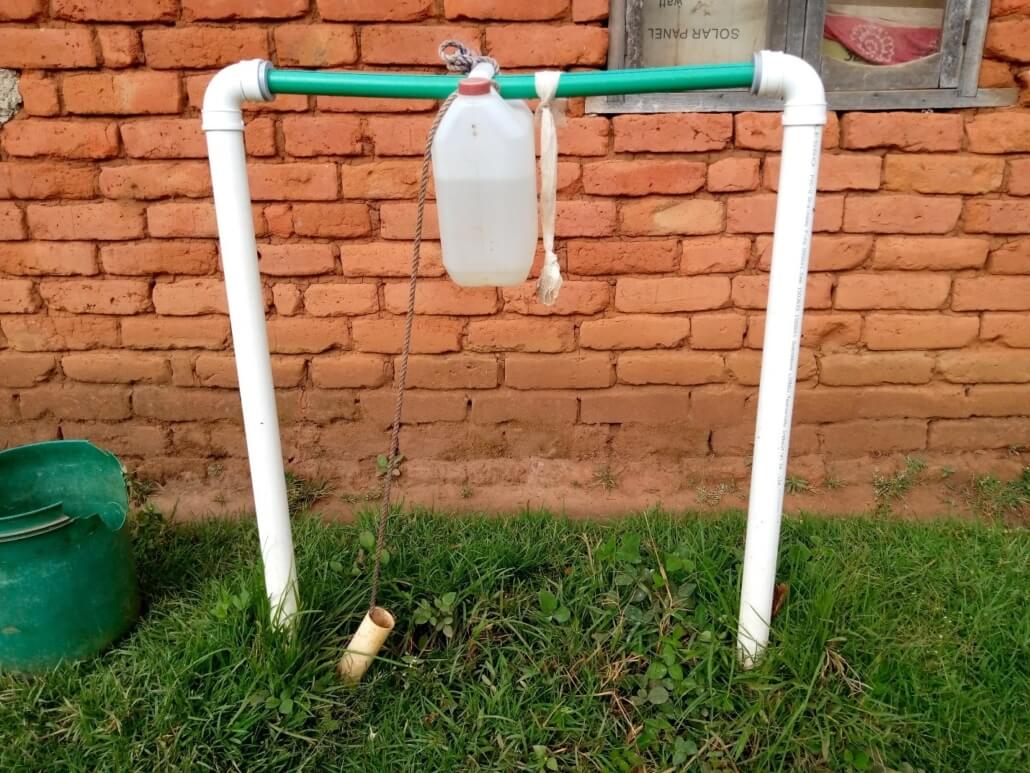
Have the Rise Against Hunger meals been important for your and your children’s nutrition? What other foods does your family eat?
In the beginning, it was a challenge because the meals were very new to us. My children didn’t eat them at first, but now we all eat the meals and everyone enjoys the food, especially my children who receive them at school. Laurine eats the food very well and she enjoys it. I say that because before she used to vomit with some other foods, but since she started eating the Rise Against Hunger meals, that has not happened. When cooking them, I always add onion, and a little salt and oil. We eat them with avocado, beans, meat, sardines, vegetables, or anything available. We always get fruits two times per week when it is not seasonal and vegetables four times per week. Other foods that we eats are cassava, pumpkins, potatoes, cooked bananas, and yams. It is very important that we get Rise Against Hunger meals because my children are very active all the time and they are stronger.
Can you tell us a bit about your children, what they like to do, and how they have been doing in the RCP Program?
Maida always likes to help me with domestic activities. She is a hard worker. Albart loves to act like he is connecting electrical wires and Lameck likes playing that he is building houses. He always picks up small blocks and makes things. Laurine is still too little to tell what her interests will be. My husband chose all the names for our children. Their performance in school is average, but I hope they will improve more due to the food that they get there. Laurine is doing great because I have been practicing a lot of good things that we are taught about raising children in the program. I didn’t get that chance with my older children. When I look at her, I notice she is growing very well compared to her siblings at her age.
“It is very important that we get Rise Against Hunger meals because my children are very active all the time and they are stronger.”
– Teulina Wihale, RCP mom
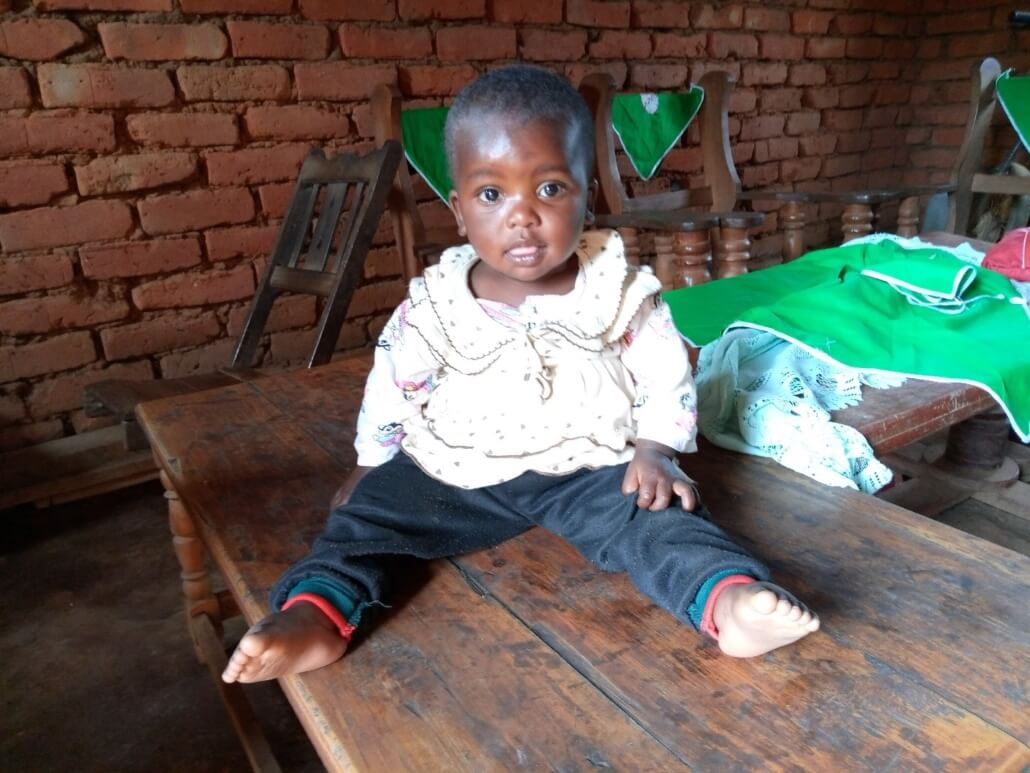
In what other ways as you educating yourself about improving health, nutrition, and cognition?
Currently I’m working very hard to farm vegetables because I have learned that my children need vegetables for them to fight diseases. I teach my children about hygiene in general. For cognition, I usually make local toys, such as putting beans in a can, and play with them with Laurine. This helps stimulate her brain.
If you have been using the clinic services in Ipalamwa, how are they different from medical services available before the clinic opened?
The services at the Ipalamwa General Clinic (IGC) are great. You can go to other hospitals and pay to receive services, but still the services are not as good as at the IGC. They are also welcoming and use courteous language with everyone. Even if you have made a mistake, they use good language to talk to you. It is a nice place.
What are the personal changes you’ve made in your life since joining RCP that have resulted in better health for you and your children? What are you doing differently now?
The workshops have made me realize what I was doing wrong and thought I was doing right. What I do different nowadays is boiling drinking water because I was not doing so before. Also, I now make sure my children wash their hands. I didn’t use to be concerned about this.
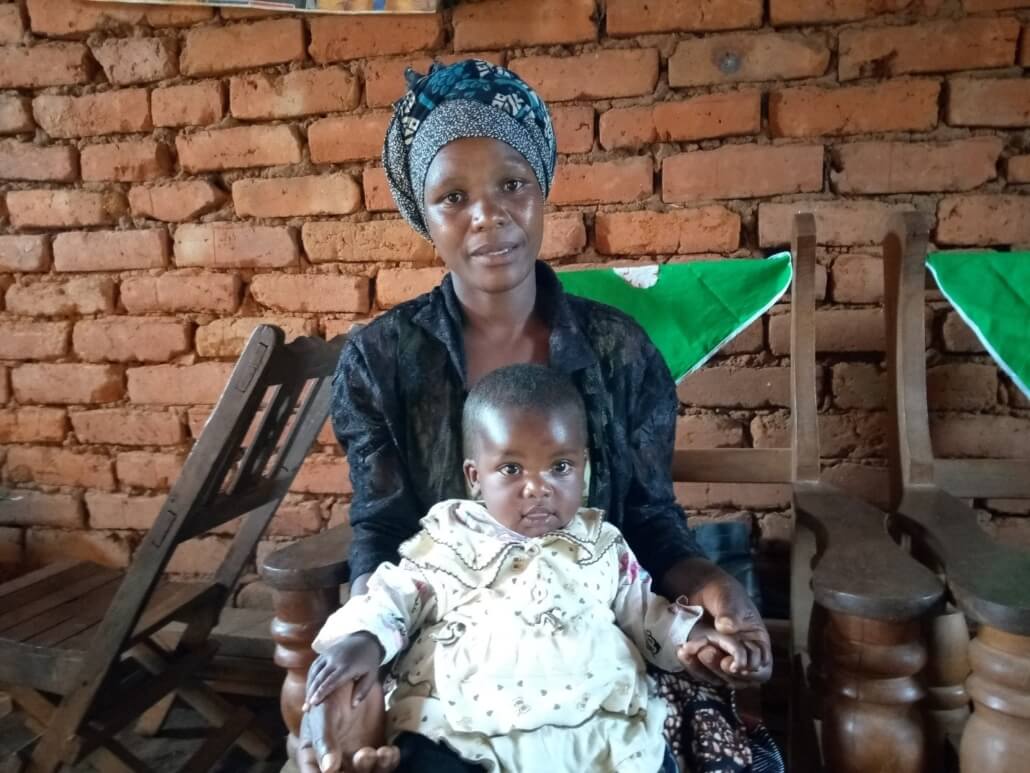
“The services at the Ipalamwa General Clinic (IGC) are great. You can go to other hospitals and pay to receive services, but still the services are not as good as at the IGC. They are also welcoming and use courteous language with everyone.”
– Teulina Wihale, RCP mom
What are your family’s biggest challenges? How do you try to address them?
Financial problems are our biggest challenges, but working hard in the only solution.
What are you most proud of in your family? What do you hope for in the future?
I feel so happy when I look at my children because there are a lot of people who would like to become mothers and they are not because they do not have the ability to, so I’m grateful for that. I also have a plan to keep as many chickens as I can for eggs and meat so that I can sell them.

What are your hopes and dreams for your children?
I hope my children can become very educated and have better jobs. I don’t want them to end up being farmers as I am. I want them to have better jobs and be well economically.
What do you most appreciate about your village?
I appreciate Ukwega because it is where I was born and raised. But also, there is good weather and land because almost everything grows when you farm.

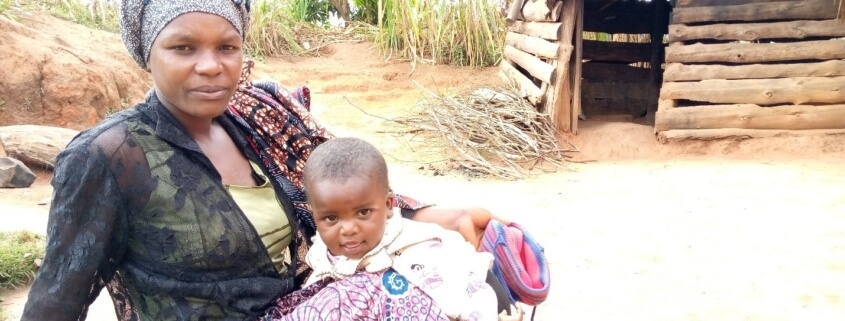
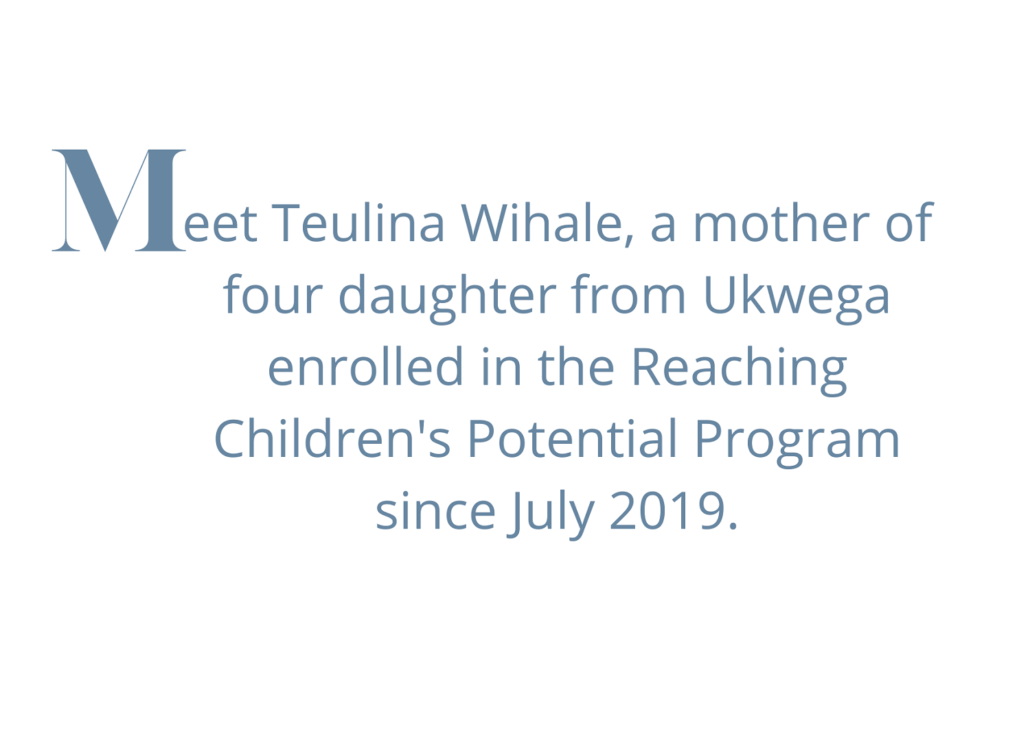
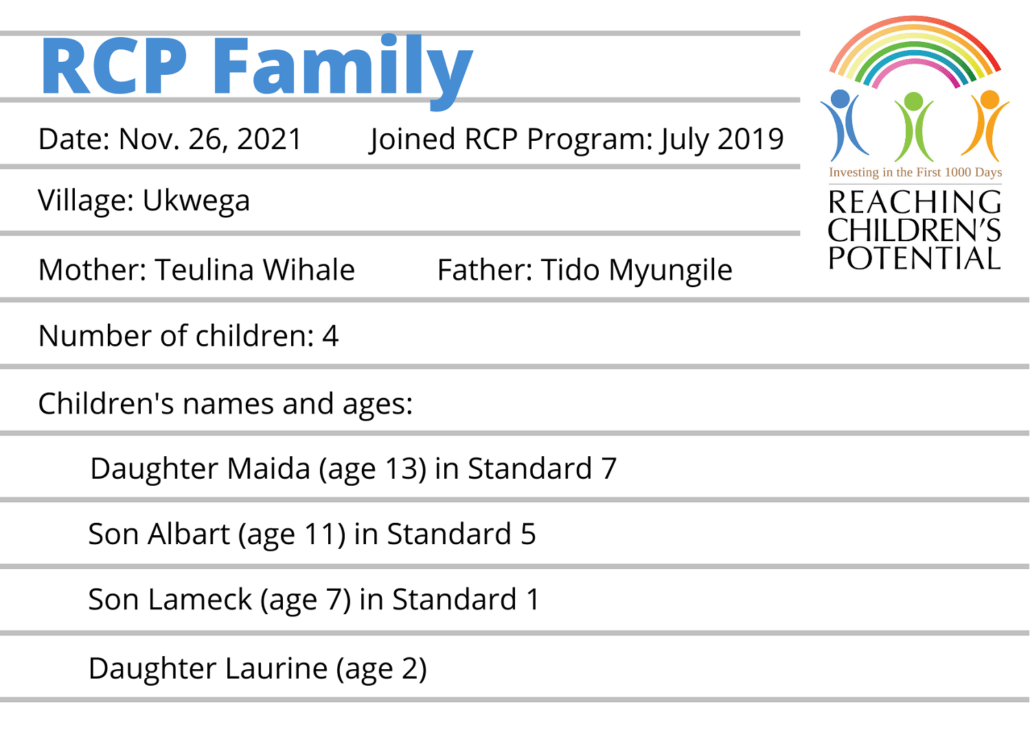


Leave a Reply
Want to join the discussion?Feel free to contribute!